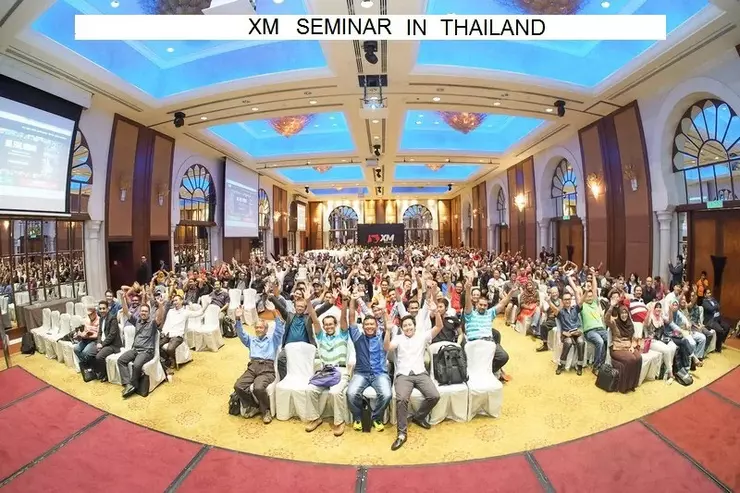Pin bar price action method
A pin bar is a reversal signal on a chart which highlights an obvious change in sentiment during that period.
This bar has a long tail with the closing xagusd price near the open.
The bar looks like a pin thus its name Pin Bar - forms after an extended move upward or downward.
This reversal is confirmed after market closes below the candlestick that precedes this pattern. Below the reversal is confirmed after the trading market closes below the blue candle that preceded this candle.
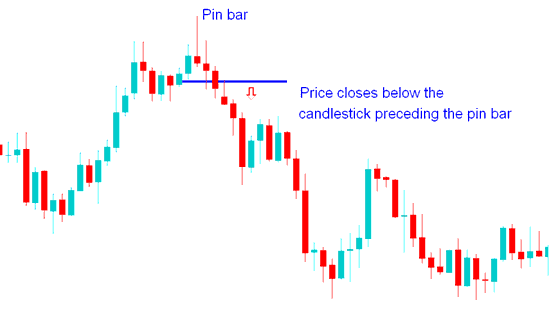
Combining with line studies:
This signal can be combined with other line studies such as Support and Resistance levels, Fibonacci retracement levels and trend-lines can be used together with this signal to generate buy or sell xagusd trades.
Support and resistance
A pin bar that forms after trade price hits an important support or resistance level can be used as a signal to enter the market. When this pattern forms the trades taken should be in the opposite direction of the tail.
If the trading market moves up this forms a pin bar with tall upper tail, then the signal is to short.
If the trading market moves down the forms a pin bar with tall lower tail, then the signal is to long.
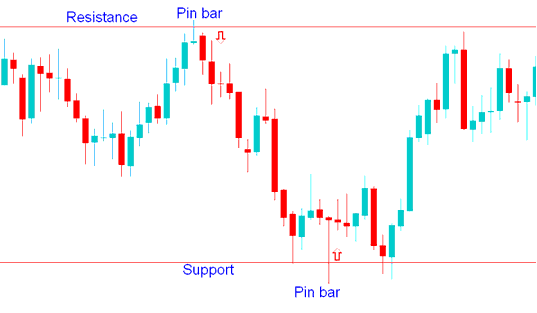
Combining With Support & Resistance
Trendlines and moving averages
Pin bars that form after price touches a trend line or moving average can be used as signals to enter the market.
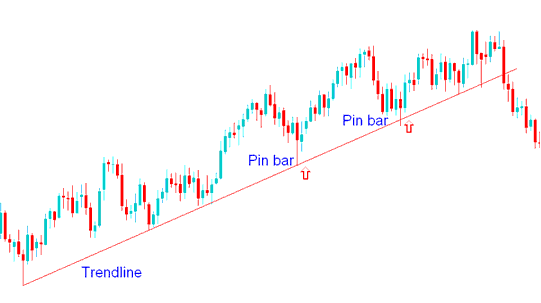
Combining With Trend-Lines
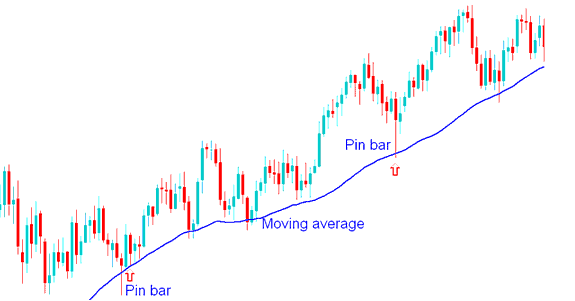
Combining With Moving Averages
Silver Trading Fib Retracement Areas
Pin bars that form after price touches a Fibonacci retracement level can also be used as signals to enter the market.
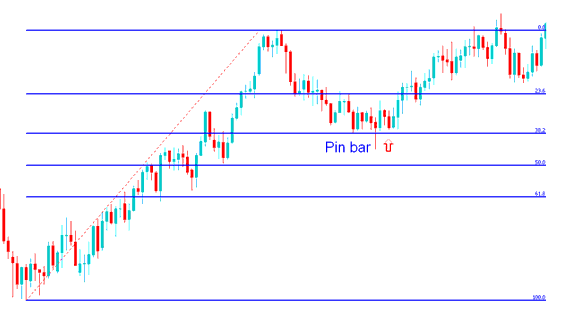
Combining With Silver Trading Fib Retracement Levels
These patterns are often formed near extremes in market swings, and they often occur at after false breaks. This is why this trading pattern is used to place trades in the opposite direction of the tail.


